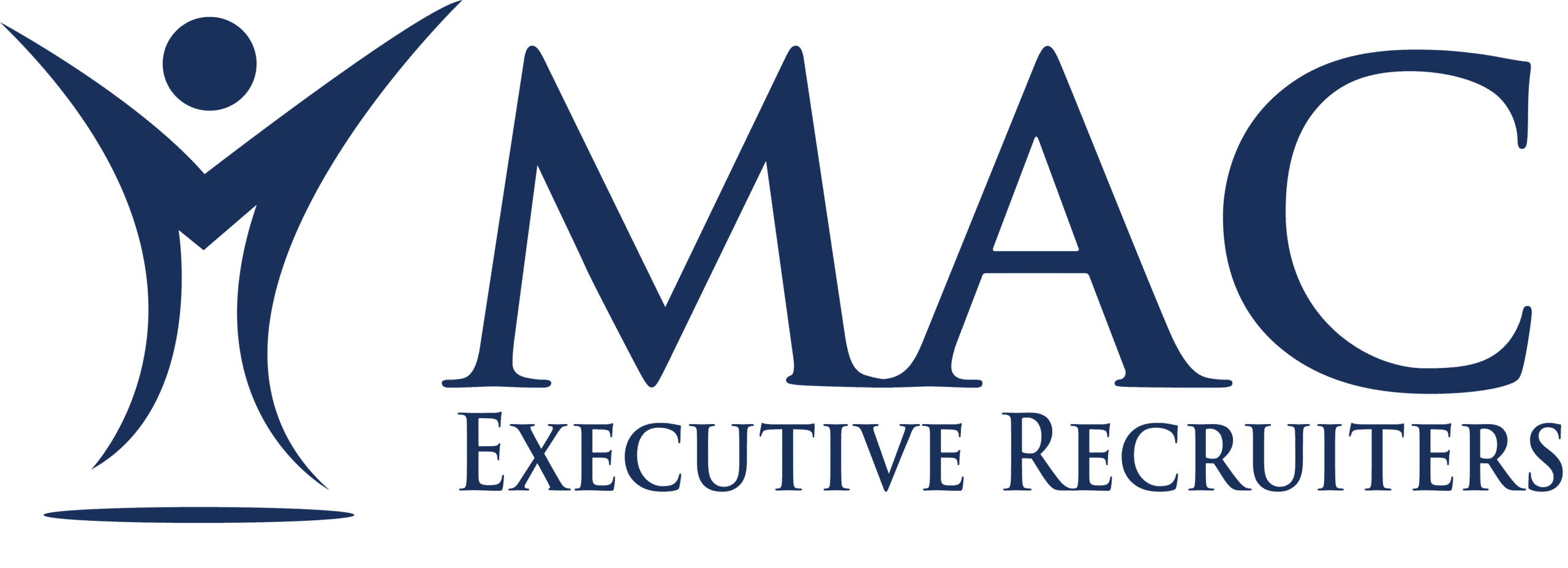One of my favorite things about being an executive recruiter is building relationships with the people who entrust me with their employment needs. I’m grateful for these enduring partnerships, which is the key to longevity in this industry.
I also get great satisfaction from helping employers and high-caliber candidates connect. I can generally tell when the match is spot-on, because I get a feeling in my gut that I can’t really explain. That’s a testament to having a thorough vetting process, which always includes an accurate assessment of what each party is looking for. What I have learned is that both sides typically share the same primary concern: Will they fit in with the company culture?
However, fitting in should be the least of their worries. What matters more is how candidates may actually impact the corporate culture. Here are some tips on how to find and attract those game-changing candidates:
Evaluate the Company Culture
First, take stock of the corporate culture itself. Talented people want to work for organizations with winning cultures, Gallup says. And they thrive in environments that have these three key features: (1) high engagement by employees; (2) people in positions that align with their natural talents; and (3) continual opportunities to learn and grow.
To determine how attractive the company culture is, consider these questions posed by Gallup:
- What percentage of the job offers made to highly talented candidates get accepted?
- When talented candidates say yes, what percentage mention the company’s identity, culture or brand as a deciding factor?
Make Diversity & Inclusion a Priority
I can’t stress this point enough — companies that fully embrace diversity and inclusion perform better than those that do not. Hiring people of diverse backgrounds and experience creates a more well-rounded company that understands the needs of all customers, rather than a select few. Therefore, new hires shouldn’t all come from the same mold. Look for those who can offer a fresh perspective. Read our past post on Diversity & Inclusion.
Change Up the Interview Dynamics
Try something new in the interview process, such as another setting, a different set of questions, or people other than the hiring manager. Amazon uses Bar Raisers — employees with extra training in the interviewing process — to conduct interviews and assess whether the candidate will “raise the bar” in terms of talent. Beth Galetti, Amazon’s Senior Vice President of Worldwide Human Resources, said in an interview with Gallup, “They aren’t the hiring manager and they usually aren’t even on the hiring team. Bar Raisers aren’t motivated to hire fast; they are motivated to hire well.”
Take a Hard Look at Soft Skills
Direct experience matters, of course, but look beyond the résumé to make sure you’re not missing something even more impressive, like soft skills. Problem-solving, analytical thinking, collaboration, leadership — all play a vital role in the candidate’s ability to succeed at work. Remember: Job skills can be taught, but the intangibles are already built in.
Jeff Chaponick is CEO of MAC Diversity Recruiters, an international search firm that partners with companies of all sizes, including companies such as Deloitte, Nike, and Marsh & McLennan, to help them reach their diversity talent goals. Jeff is on the Board of Directors for the Texas Diversity Council and the National Diversity Council. He is also a member of various professional organizations that help address the disparities in hiring among traditionally underrepresented groups.




